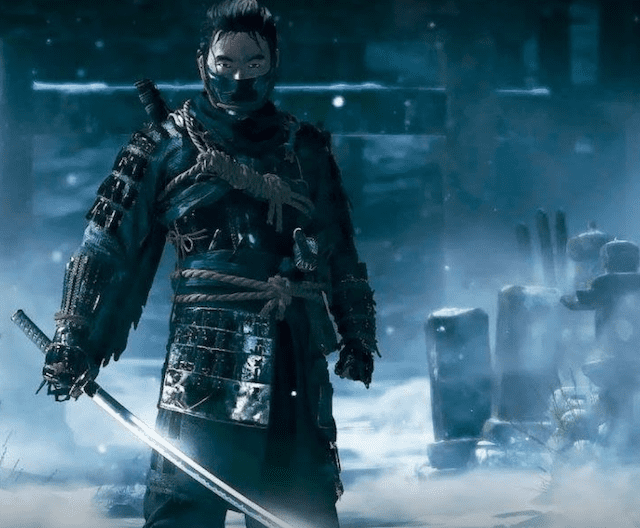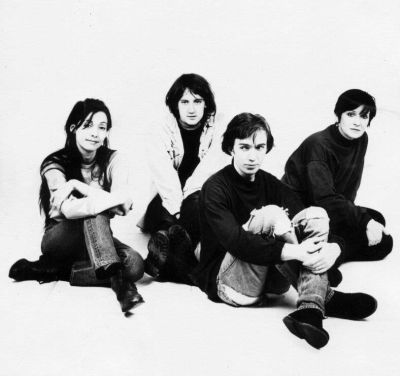The long-awaited PlayStation 4 exclusive game, which follows the story of a 13th-century samurai warrior was finally released on July 17. The game sets you in ancient Japan around the time when the Mongol army began invading it.

The studio behind the game, Sucker Punch released an album featuring four remixes of the game’s soundtrack, just a week before the release to give eager players a taste of what to expect. The EP titled Sound of the Storm – Ghost of Tsushima Soundtrack: Reimagined featured remixes from The Glitch Mob, Nine Inch Nails’ Alessandro Cortini, Tycho and TOKiMONSTA.
The original game soundtrack was inspired by Japan’s nature, climate, traditional lifestyle and classical Japanese instruments like the biwa. In Japanese culture, there is literally no event which is not associated with music. And the styles, as well as the instruments that are used, vary depending on the event itself, its origins, and even the area.
This variety originates from the fact that Japanese music draws from real life and nature, and it was not different for the original composers Ilan Eshkeri and Shigeru Umebayashi to set on this path. Hollywood movie scores like The Last Samurai by Hans Zimmer have brought many types of traditional Japanese music to the attention of the general public.
And we have already seen such approaches with traditional Japanese instruments in the music for video games like Total War: Shogun II and The Way Of The Samurai. There are even samurai-themed slot games featuring such music like the Spirit of the Samurai that players can try with bonus spins at LeoVegas casino and others.
The first two songs from the remix album are powerful soundscapes that make you feel like you are marching into battle. The third and perhaps the most excellent track on the album is the Ghost of Koduko remix by Tycho. Those who are familiar with Tycho’s work will see his trademark sound all over this song. While TOKiMONSTA’s take on “The Ghost Burns” carries us into the battle aftermath.
Even though these songs aren’t featured in the original game soundtrack, they still successfully give us a glimpse of what to expect from the game. Sucker Punch Productions have spent almost six years in developing the game’s open-world and its stunning virtual landscapes, meanwhile the Ilan Eshkeri and Shigeru Umebayashi did their homework on folk songs and instruments from the area and period.
Eshkeri is an award-winning musician and has scored music for films like 47 Ronin and Kick-Ass, along with video games like The Sims 4. But he said that creating the music of Ghost of Tsushima was one of the most difficult, yet most fascinating experiences of his career.
During his journey, he became familiar with the biwa, a Japanese lute. This traditionally four-stringed instrument descended from the Chinese pipa and received several modifications during Japan’s feudal era. And one of them was the Satsuma-biwa, which the samurai learned to play during the 17th century as a part of their training.
The biwa in the game can be heard in the Lord Shimura’s theme song, and it is played by Junko Ueda, one of the very few Satsuma-biwa masters nowadays who took inspiration from a famous Japanese tale. The song embodies the true nature of the samurai code of honour in Ghost of Tsushima.
A code which our protagonist Jin Sakai was raised to uphold rigorously, but he has to break in order to combat the overpowering Mongol army and protect his home in ways that are effective but are perceived as dishonourable in samurai terms.
Ghost of Tsushima is an adventure in which Jin comes to terms that he’ll need to deceive and murder the Mongol army instead of honourably facing them head-on like his traditions dictate. The developers took a lot of creative liberties of what the 13th century Japan looked like, but with the addition of the biwa, they made the game feel much more authentic.





